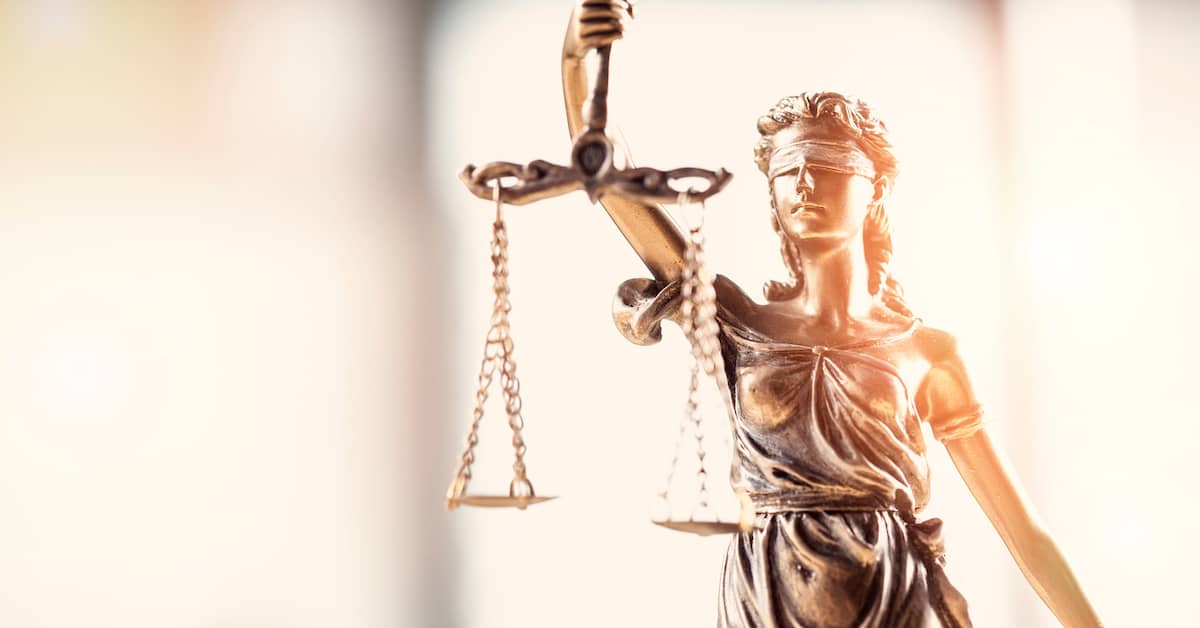
If you were harmed in an accident, you may likely be wondering if you have grounds for a personal injury lawsuit. This is only natural. After a serious injury, you may be facing high medical bills, pain and disability, and time away from work that you and your family can not afford. A personal injury lawsuit can help you recover your losses and move forward with confidence.
Your first step toward justice begins with a free case review at Coplan + Crane. Our Chicago personal injury lawyers have considerable experience with a wide range of cases. We understand the hardships you may be facing, and we are dedicated to helping our clients obtain the full and fair compensation to which they may be entitled under Illinois law.
If you choose to move forward with a personal injury lawsuit, what can you expect once the lawsuit is filed? How much can you expect to recover, and when can you expect to receive the financial compensation you deserve?
When seeking financial compensation for an accident, filing a personal injury lawsuit is often a necessary step in the process. But, this doesn’t necessarily mean that your case will go to court. The process can play out a variety of different ways, and the outcome of your lawsuit will ultimately depend on several factors that are unique to your individual circumstances. With this in mind, here is an overview of what generally happens after a personal injury lawsuit is filed:
As soon as you hire a personal injury lawyer to represent you, your lawyer will oversee an investigation focused on gathering as much evidence as possible. But, in many cases, this investigation will not produce all of the evidence you need to pursue your claim. Rather, your lawyer will need to gather additional information and evidence through the “discovery” process.
Discovery is a formal legal process that takes place after a personal injury lawsuit is filed. Your lawyer can use this process to obtain phone records, employment records, insurance documents, deposition testimony, and a variety of other forms of evidence that may all be necessary for proving your legal rights. With all of the available evidence in hand, your lawyer can then build the strongest possible case for just compensation.
Determining the value of a personal injury claim takes time, and your lawyer may not be able to make a comprehensive determination until after filing your personal injury lawsuit. As necessary, your lawyer will engage doctors, financial planners, and other experts who can all assist with proving how much you are entitled to recover for your accident-related injuries. Your lawyer will also evaluate the evidence obtained through the discovery process to determine if there are any additional factors that are relevant to determining the damages you deserve to be awarded.
As we mentioned above, filing a personal injury lawsuit does not necessarily mean that your case will go to trial. In fact, the majority of personal injury cases settle before going to court. Once all of the evidence is on the table, your lawyer will begin negotiating to secure a favorable settlement on your behalf. If the defendant makes a settlement offer, your lawyer will help you decide whether to accept; and, if you reject an offer, negotiations can continue up to—and even during—your personal injury trial.
In parallel with negotiating for a favorable settlement, your lawyer will also be going through the litigation process. While trial is the main event, there are several steps that need to take place before it is time to present your case in court. Depending on how your case and settlement negotiations progress, your lawyer may need to attend hearings, file motions, respond to defense motions, and take various other steps to set the stage for trial.
Ultimately, filing a personal injury lawsuit will result in the resolution of your claim—whether via settlement or court decision. Whether to settle is up to you, though it will be important for you to make informed and reasonable decisions based on your lawyer’s advice. If you reject a reasonable settlement offer, there is no guarantee that you will receive another, and the outcome at trial is never a sure thing regardless of the facts at hand.
If you need to go to trial to recover the financial compensation you deserve, a judge or jury will render a decision based on the evidence presented. While this decision is binding, both sides may have grounds to file an appeal, and negotiating a settlement during the appellate process is a possibility as well.
Do you have a personal injury claim in Illinois? If you have been seriously injured in an accident, we encourage you to contact Coplan + Crane for a free case review.
For a free, no-obligation consultation, call us at (708) 358-8080 or tell us about your case online now. Coplan + Crane serves Chicago, Oak Park, Rockford, and other areas in Illinois.